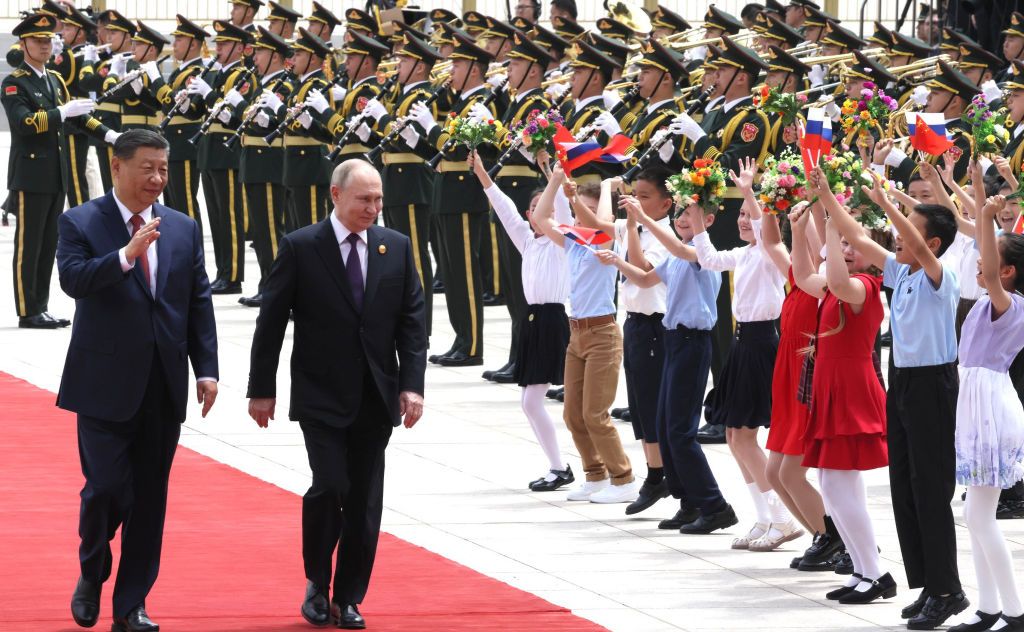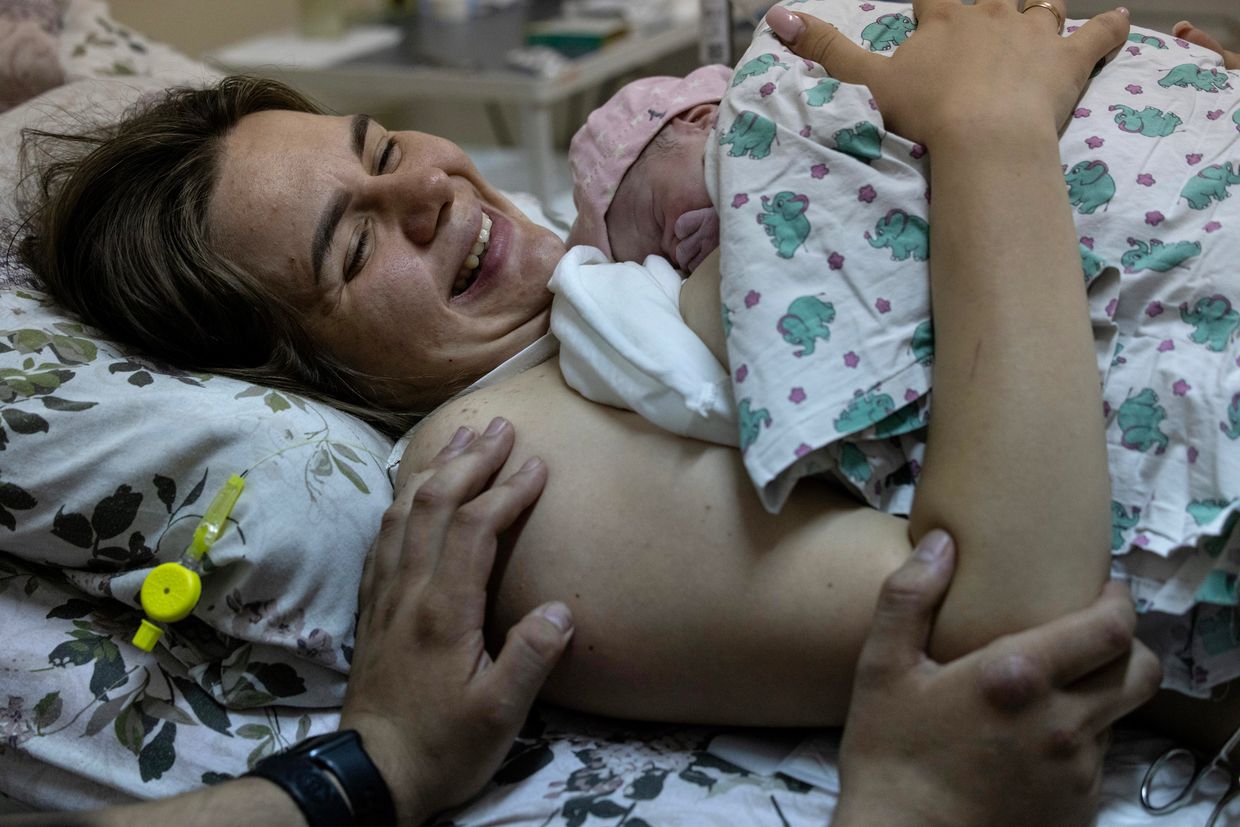The European Union’s foreign policy will soon be under new management. While Ursula von der Leyen seems well positioned to carry on as European Commission president, there will be a new president of the European Council and a new foreign policy chief. They will inherit an unenviable agenda that includes dealing with Russia’s invasion of Ukraine and the ongoing Israel-Hamas war in Gaza. But when it comes to determining Europe’s place in the world, how they respond to an increasingly aggressive China will be the most important question.
Although Europe once hoped for a future in which China would gradually adopt our values as a trusted member of the rules-based international order, today’s reality could not be further from that vision. China is leveraging its massive manufacturing capacity to undercut European businesses with cheap goods; it routinely uses its economic weight to punish smaller countries that run afoul of Chinese President Xi Jinping’s wishes; and it is providing Russian President Vladimir Putin with the economic and political support that he needs to continue his war in Ukraine.
But most worrying is the prospect of a crisis in the Taiwan Strait. Last month, Taiwan’s new president, William Lai, delivered an inaugural address welcoming a “new era that is full of challenges, yet also brimming with limitless hope.” Within days, China responded by holding massive military exercises around the island. Bombers with live ammunition skirted Taiwanese airspace, and mock ship inspections served as a warning that China is prepared to starve import-dependent Taiwan. After adopting a misguided “hope-for-the-best” strategy ahead of Putin’s invasion of Ukraine, Europe must not make the same mistake with Xi.

To her credit, von der Leyen has taken a notably stronger stance than her predecessors toward China. She has spoken of the need to derisk (though not decouple), as well as introducing an “anti-coercion instrument” to resist Chinese economic blackmail. She has also responded more forcefully to China’s attempts to undercut European manufacturers by lavishing enormous subsidies on its own. Following a months-long investigation, the European Commission recently announced significant tariffs on electric vehicles from China.
Yet despite this stronger approach to the Chinese economic threat, Europe remains divided and weak with respect to provocations against Taiwan. On official trips to Beijing, European leaders have put short-term commercial calculations ahead of European values and long-term interests.

Referring to the cross-strait tensions last year, French President Emmanuel Macron remarked, alarmingly, that Europe, “must not get caught up in crises that are not ours.” But the Rhodium Group estimates that a conflict in the Taiwan Strait would threaten more than $2 trillion in economic activity. A crisis in the South China Sea would be a crisis for Europe, too.
On the other side of the Atlantic, U.S. President Joe Biden has said repeatedly that America would defend Taiwan in the event of a Chinese attack. Even if Europe cannot respond militarily, its new leadership can at least make clear that any attempt by China to change the status quo in Taiwan by force would be met with a strong and united response. Among other things, that should include preparing sanctions that would go beyond the already unprecedented measures imposed on Russia.

To date, Europe has been sending mixed signals about how it would react to Chinese aggression, which has only fueled the risk of miscalculation. Since China relies on global markets far more than Russia does to support its growth, spelling out the economic consequences of an overstep would have a powerful deterrent effect.
If Xi were allowed to annex Taiwan at the barrel of a gun, the rules-based international order would be in ruins. A world where might makes right is dangerous for every democratic country.
The kind of instability that Russia is stoking would spread rapidly to Asia and beyond.
The world’s autocrats see weakness as an opportunity. Like Putin, Xi understands only strength and resolve. Putin took the West’s collective complacency as an invitation to launch a brutal war against Ukraine. The next time Chinese warships gather around Taiwan and its fighter jets run simulations of attacks on the island, Europe must not make the same mistake by standing idly by.
When it comes to countering an autocratic and aggressive China, Europe’s interests are fundamentally the same as those of the United States and the rest of the democratic world. The EU’s new top leadership team must understand that and speak clearly with one voice to Xi. If they do, Taiwan’s dream of “limitless hope” will remain possible. If they don’t, their successors will confront an even more dangerous situation.
Editor’s Note: Copyright, Project Syndicate. This article was published by Project Syndicate on June 21, 2024, and has been republished by the Kyiv Independent with permission.The opinions expressed in the op-ed section are those of the authors and do not purport to reflect the views of the Kyiv Independent.













